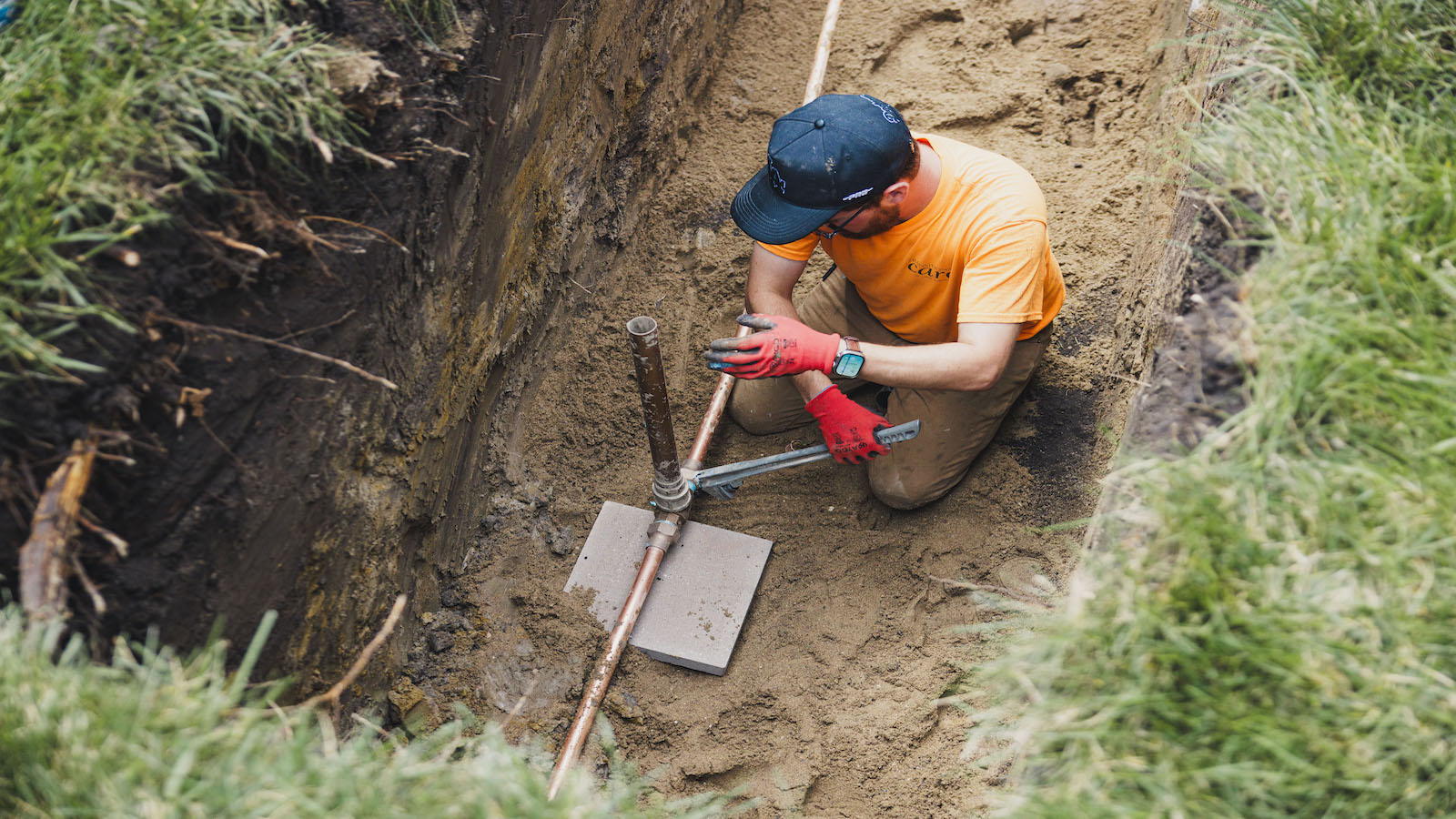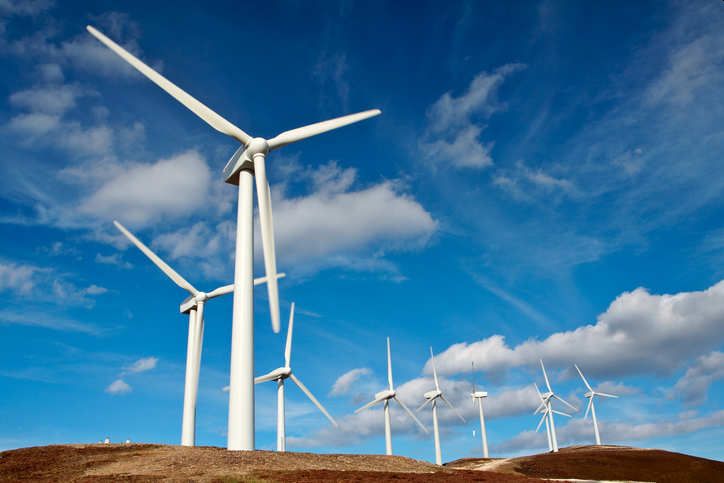Agronomy, Vol. 15, Pages 1805: Growing Processing Tomatoes in the Po Valley Is More Sustainable Under Regulated Deficit Irrigation
Agronomy doi: 10.3390/agronomy15081805
Authors:
Andrea Burato
Pasquale Campi
Alfonso Pentangelo
Mario Parisi
The Po valley (northern Italy) is the leading European region for processing tomato (Solanum lycopersicum L.) production. Although historically characterized by abundant water availability, this area is now increasingly affected by drought risk. This study presents a two-year evaluation of regulated deficit irrigation (RDI) on processing tomatoes in northern Italy. In 2019 (Parma) and 2022 (Piacenza), full irrigation (IRR, restoring 100% crop evapotranspiration) and RDI (100% IRR until the color-breaking stage, followed by 50% IRR) strategies were compared within a completely randomized block design. Overall, RDI resulted in a 25% reduction in water use without compromising yield, which was maintained through unchanged plant fertility and fruit size compared to IRR. Remote sensing data from PlanetScope imagery confirmed the absence of water stress in RDI-treated plants. Furthermore, increased soluble solids and dry matter contents under RDI suggest a physiological adaptation of processing tomatoes to late-season water deficit. Remarkably, environmental and economic sustainability indicators—namely water productivity and yield quality—were enhanced under RDI management. This study validates a simple, sustainable, and readily applicable irrigation approach for tomato cultivation in the Po valley. Future research should refine this method by investigating plant physiological responses to optimize water use in this key agricultural region.
Source link
Andrea Burato www.mdpi.com


